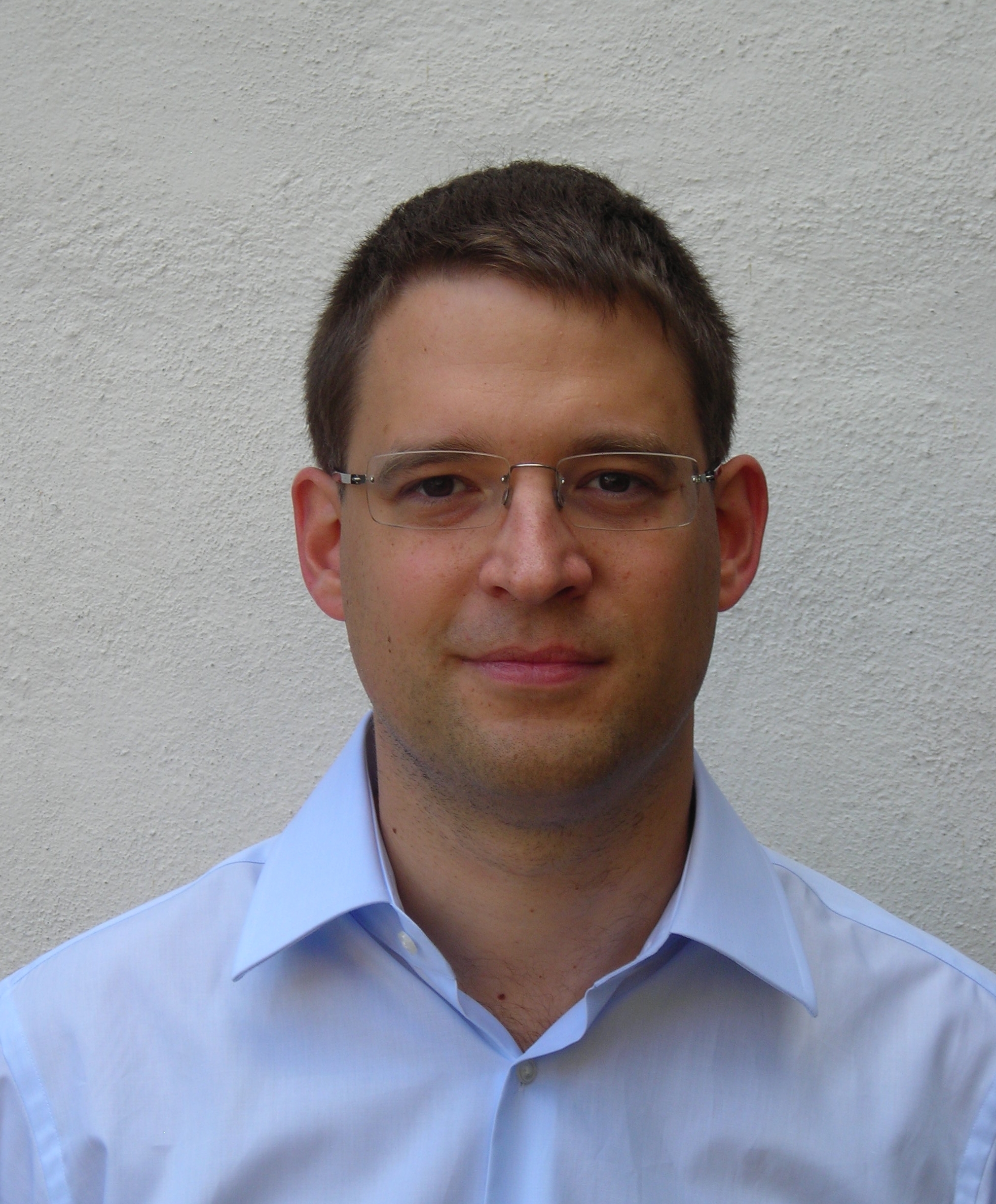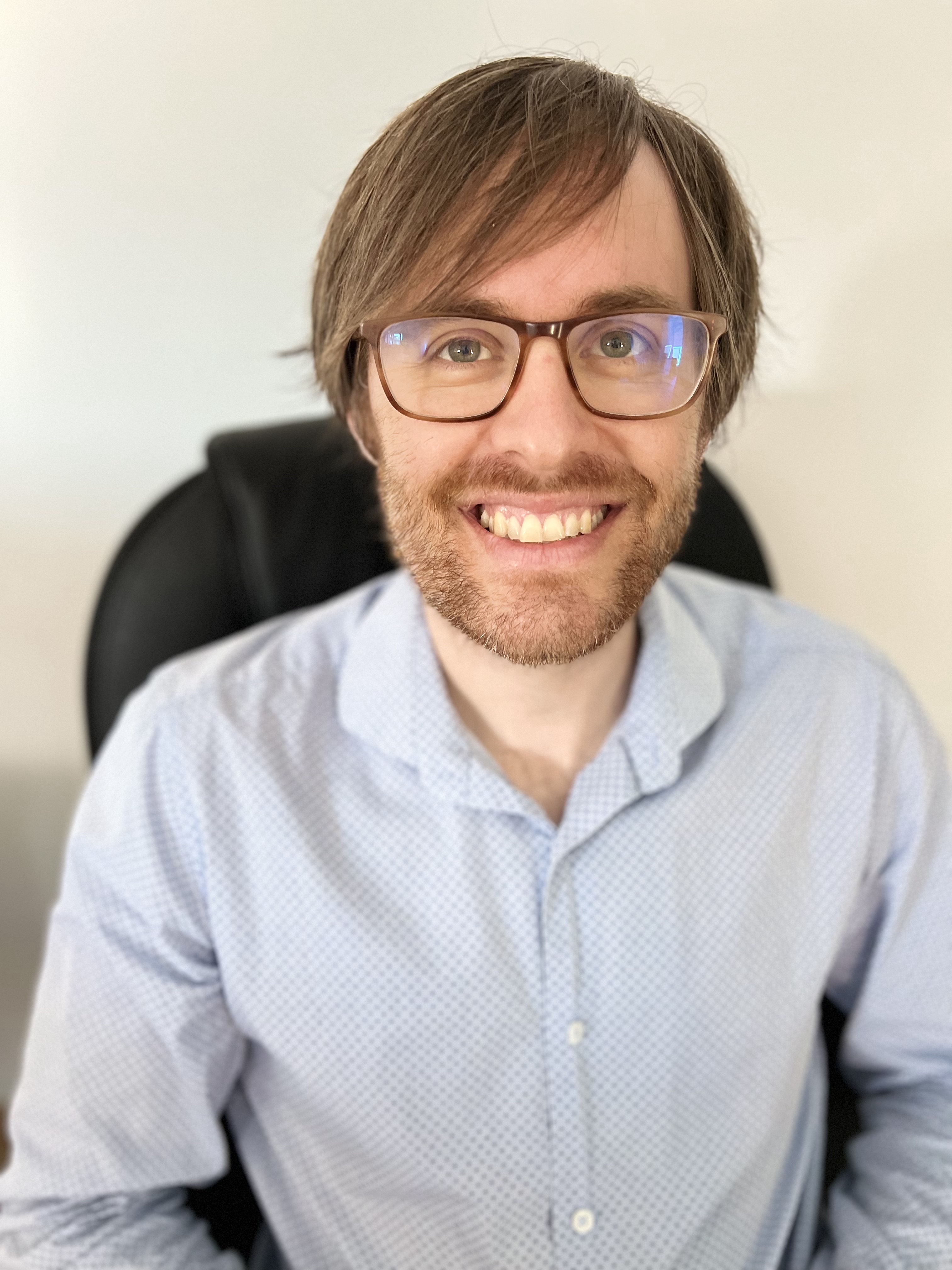Further pledges of EU funding for the University of Bern
Astrophysicist Jonas Kühn’s and philosopher Benjamin Matheson’s proposals for European Research Council (ERC) grants have been approved retroactively. As they will carry out their research projects at the University of Bern, instead of receiving funding from the EU, they will be funded by the State Secretariat for Education, Research, and Innovation, SERI.
Like Switzerland, the UK is not currently associated with the EU's Horizon Europe research funding program. As a result, many researchers who were awarded a research grant from the European Research Council (ERC) recently had to forego funding from the ERC: they decided to remain in Switzerland or in the UK. The ERC will now allocate the research funds that were not used to other researchers whose excellent research projects were evaluated as A-rated projects but could not be financed for the time being. Among them are two researchers who submitted projects at the University of Bern. However, choosing to carry out their research projects at the University of Bern, both researchers have decided to decline the ERC grants.
Funding for projects in astrophysics and philosophy
Dr. Jonas Kühn’s proposal for a 2.5-million-euro ERC Consolidator Grant was approved, which will fund his project RACE-GO at the Physics Institute in the Department of Space Science and Planetary Sciences (WP) and at NCCR PlanetS. The project aims to combine the latest digital liquid crystal display technologies with exoplanet imaging instruments currently used in the largest ground-based astronomical telescopes. "RACE-GO is expected to provide a breakthrough contribution ahead of the upcoming 40-meter-class 'extremely large' telescopes," said Jonas Kühn.
Dr. Benjamin Matheson’s proposal for a 1.5-million-euro ERC Starting Grant was approved. His project, Collective Guilt and Shame, at the Institute of Philosophy at the University of Bern, aims to provide the first comprehensive philosophical theory of the nature and ethics of collective guilt and shame. "Because we all face the question of whether we ought to feel guilt and shame for historical injustices committed by groups we are members of, CoGS not only aims to make scholarly breakthroughs but also to have significant social impact," explains Benjamin Matheson.
“I am very pleased that these two promising projects have been approved for grants and congratulate the awardees. This demonstrates how internationally competitive the University of Bern is," says Hugues Abriel, Vice Rector Research of the University of Bern. "However, the fact that Switzerland continues to be classified as a non-associated country by the European Commission worries me because research relies heavily on networking and international cooperation."
Jonas Kühn’s and Benjamin Matheson’s projects:
Jonas Kühn: Project RACE-GORACE-GO aims at bridging the latest digital liquid crystal display technologies with the exoplanet imager instruments currently equipping the largest ground-based astronomical telescopes. By combining the fastest active liquid crystal optical modulators with the best high-speed infrared cameras currently available, RACE-GO will explore the milli-second time domain to distinguish between residual optical errors from the Earth atmosphere, and true astrophysical signals in the close vicinity of the targeted star (exoplanet, circumstellar disk etc.). In practice, RACE-GO will fund an upgrade to the upcoming PLACID* imaging instrument, built by a consortium of the University of Bern and the HEIG-VD in Yverdon, for the new DAG 4-m telescope in Turkey, using 60 guaranteed time observing (GTO) nights spread over two years to validate the approach on-sky, before bringing the technology onto 8-m observatories and possibly the 40-m European extremely large telescope (E-ELT). "The RACE-GO project intends to provide a breakthrough contribution ahead of the upcoming 40-m class ‘extremely large’ telescopes, so one day we can hope to see a ‘pale blue dot’ analog elsewhere in our galactic neighborhood, hence helping to answer questions such as ‘Are we alone?’”, said Jonas Kühn. * PLACID: Programmable Liquid-crystal Active Coronagraphic Imager for the DAG telescope About Jonas KühnAfter completing his PhD in Sciences at the Swiss Federal Institute of Technology, Lausanne (EPFL), Jonas Kühn was awarded a postdoctoral fellowship at Caltech-NASA/Jet Propulsion Laboratory (JPL) from 2012 to 2015, where he worked on stellar interferometry and high-contrast exoplanet imaging instruments for both the 5-m Palomar Hale and the 8-m Subaru telescopes. From 2015 to 2018, he secured a SNSF Ambizione fellowship at the Institute of Particle Physics and Astrophysics of ETH Zurich, where he pioneered the use of liquid-crystal spatial light modulators (SLMs) to detect exoplanets. Since early 2019 he moved to the University of Bern, as Principal Investigator and Project Manager of the SLM-based PLACID high-contrast instrument for the 4-m Turkish DAG telescope. |
Benjamin Matheson: Project Collective Guilt and ShameHuman history is filled with terrible wrongs and injustices. While it is uncontroversial that most people currently living are not to blame for these wrongs and injustices, there is sizable body of empirical research that claims that many people feel guilt or shame because of the wrongs of their ancestors, their contemporaries, and other members of their respective collectives (ethnic groups, religious groups, etc). Some of these instances of guilt and shame are explained because of the direct or indirect involvement of the person in a particular wrong. For example, a citizen may feel guilt for voting in a tyrant who goes on to commit genocide. However, in many cases, those who feel guilt or shame were completely uninvolved in these wrongs, for they were born after they occurred. This project aims to provide the first comprehensive philosophical theory of the nature and ethics of uninvolved collective guilt and shame, drawing on a range of subdisciplines of philosophy, as well as disciplines outside of philosophy. "Bern is an ideal place for my research project because it has philosophers working across the many subdisciplines of philosophy that this project spans," said Benjamin Matheson. About Benjamin MathesonBenjamin Matheson is currently a María Zambrano Fellow at the University of Valencia. He is also Profesor Honorario at the Autonomous University of Madrid. Previously, he was a Lecturer in Philosophy at the University of Glasgow. Before that, he was a Humboldt Research Fellow at LMU, Munich. He has also held full-time positions at Stockholm University and the University of Gothenburg. He had visiting positions at Tilburg University and the Madrid Institute for Advanced Study. He received a PhD in Philosophy from the University of Manchester in 2014. |
2022/08/09


